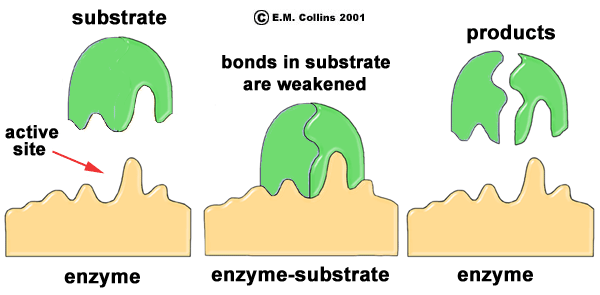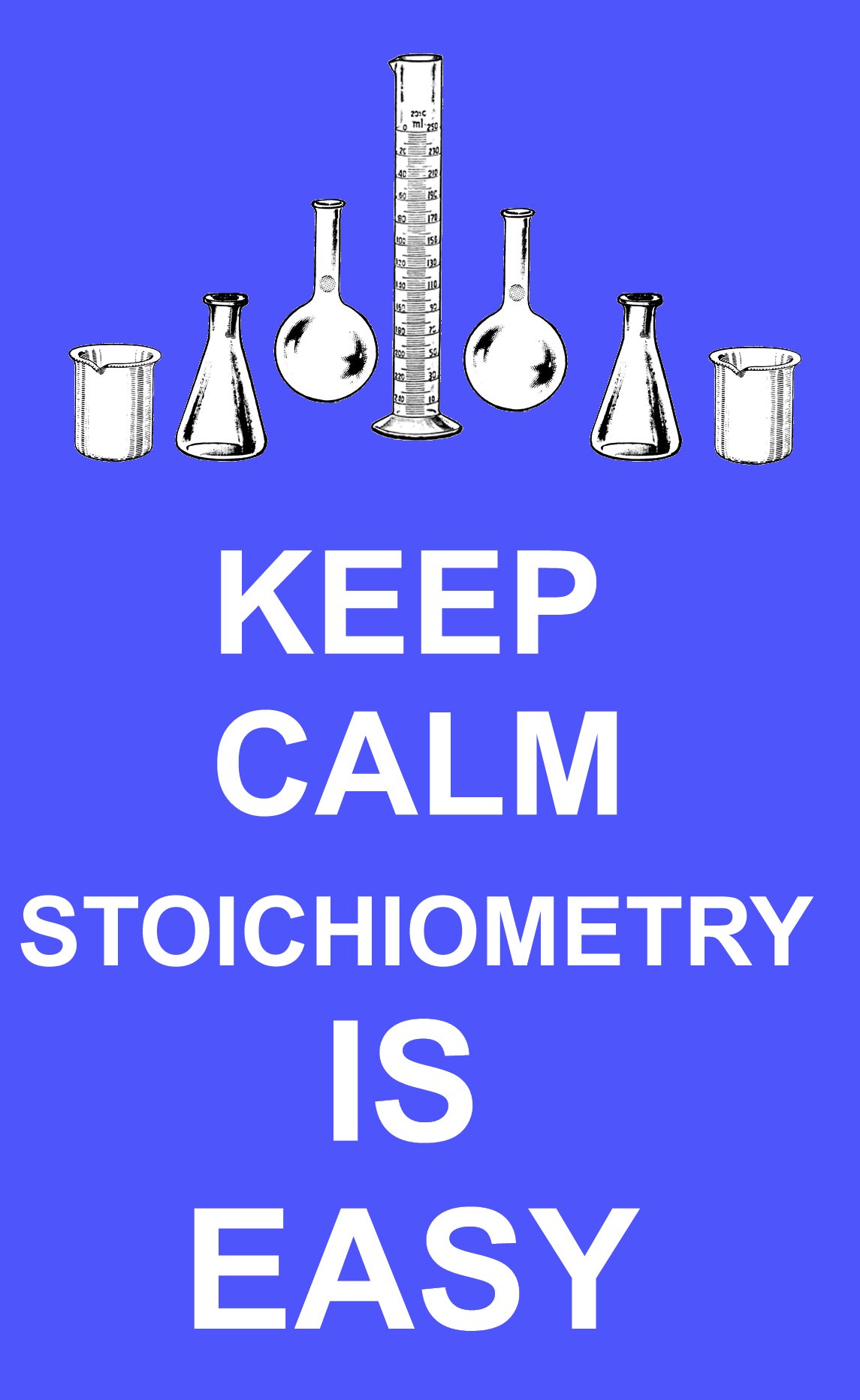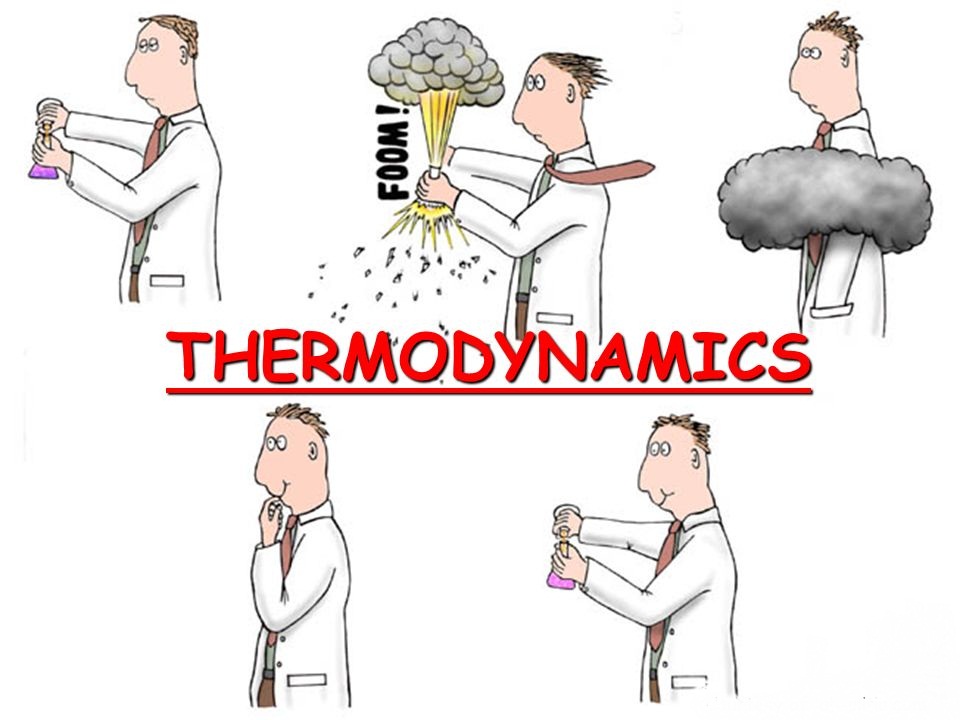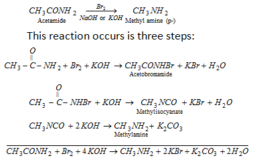Enzyme Catalysis
source : columbia.edu
Enzyme catalysis
1 . Enzymes are complex nitrogenous org. Compds. which are produced by living plants & animals.
2. They are high molecular weight protein molecules.
3. They form colloidal solution in water & are very effective catalyst.
4. Many reactions occur in the bodies of animal & plants to maintain the life process. These reactions are catalized by enzyme. Therefore enzymes are also known as biochemical catalysts & this phenomenon is known as biochemical catalysis.
Ex.1. Starch is converted into maltose by diastase enzyme-
(C6H10O5)n +nH2O ——-> C12H22O11
Starch Maltose
(2) Maltose is converted into glucose by maltase enzyme
C12H22O11 + H2O——–> 2(C6H12O6) Glucose
(3) Glucose & fructose are converted into ethyl alcohol by Zymase enzyme-
C6H12O6——–> 2C2H5OH + 2CO2
(4) Urea is converted into NH3 & CO2 by urease enzyme-
NH2CONH2 + H2O——-> 2NH3+CO2
(5) Lipase enzyme converts oils & fats into glycerol.
Oil or Fat——> glycerol
Characteristics of enzyme catalysis-
1- Most efficient Catalyst-
The enzyme catalysed reactions are very fast in comparison to the reactions catalysed by inorganic substances because activation energy of the reactants in presence of enzyme is low.
2- Highly Specific Nature
Every Enzyme is specific for a reaction i.e. one enzyme can not catalyse more than one reaction.
3 -Effect of temperature
The action of an enzyme depends upon the temperature . The temp. at which enzyme activity is maximum is known as optimum temp. The optimum temp. of enzyme reaction occuring in the human body is 37 degree C. The favourable temperature range for enzymatic activity is 25-37 degree C . The activity of enzyme is destroyed at 70 degree C.
4- Effect of pH
The rate of an enzyme catalyse reactions varies with pH. The enzyme activity is maximum at particular pH called optimum pH.
5- Colloidal Nature
Enzymes formed colloidal solution in water. Enzymes are destroyed by UV-rays.
6- Activators or Co-enzymes
The enzymatic activity is increased in the presence of certain substances Known as co-enzyme. When a small amount of vitamin is present along with enzyme then enzymatic activity is increased. Activators are generally metal ions i.e. Na+,CO++, Cu++ etc.
7 -Inhibitors or Poison
Enzymes are also poisoned by the presence of certain substances . The poison interact with the active functional groups of the enzyme . It reduces & completely destroys the catalytic activity of enzyme. The use of many drugs & few inorganic substances such as HCN, CS2, H2S acts as poisons for enzyme.
Read more articles at chemistryonline.guru







